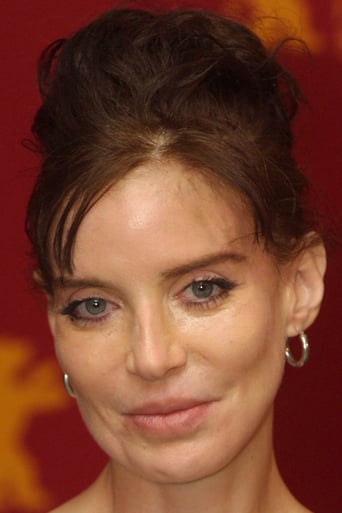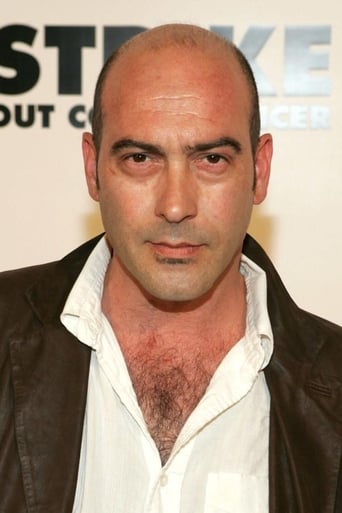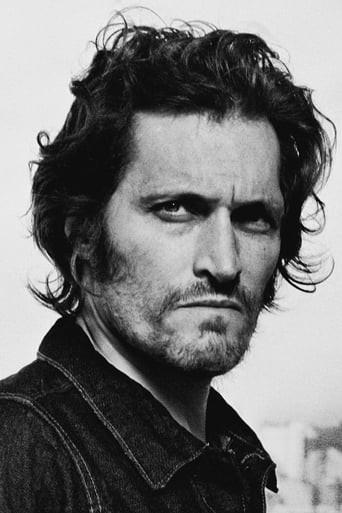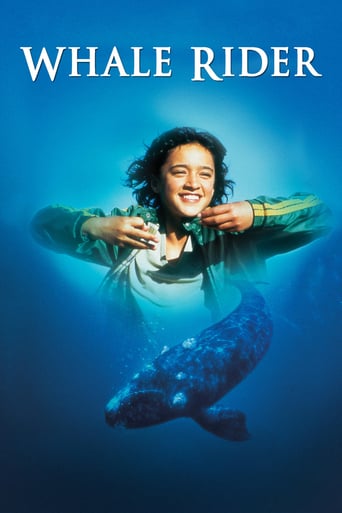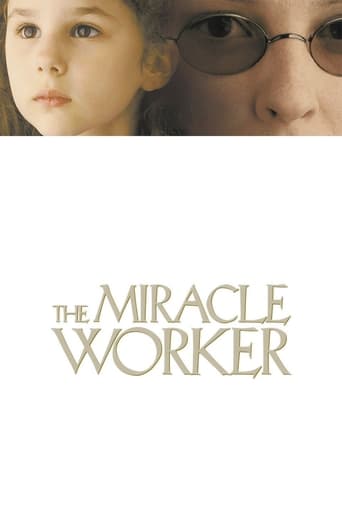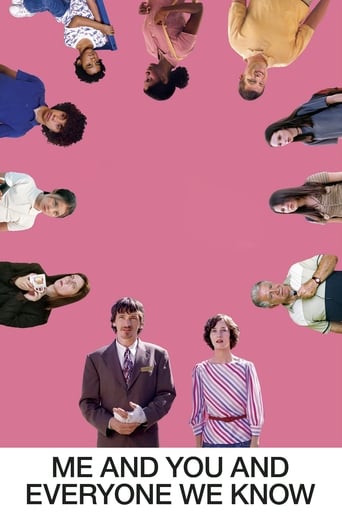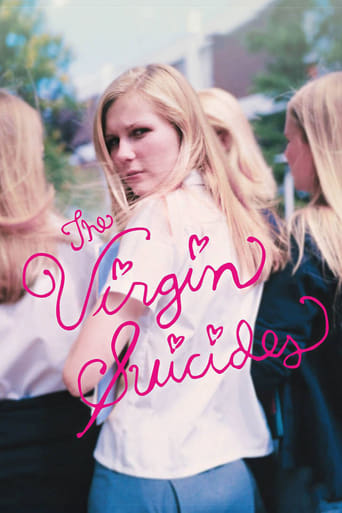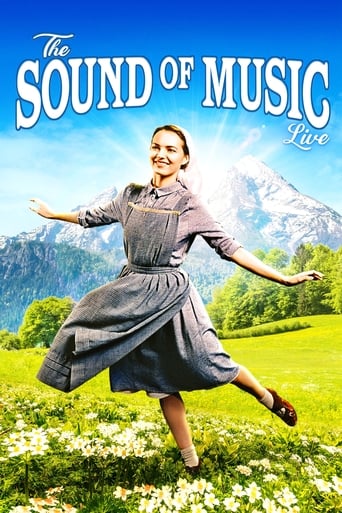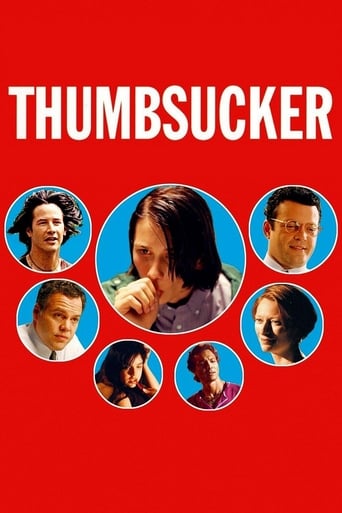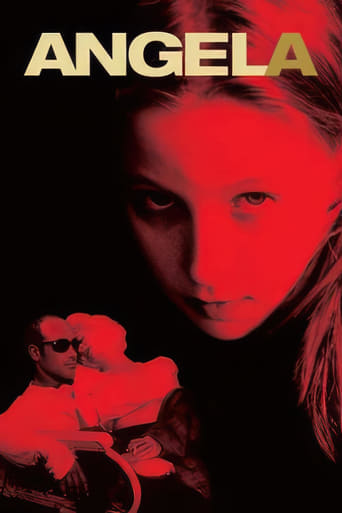
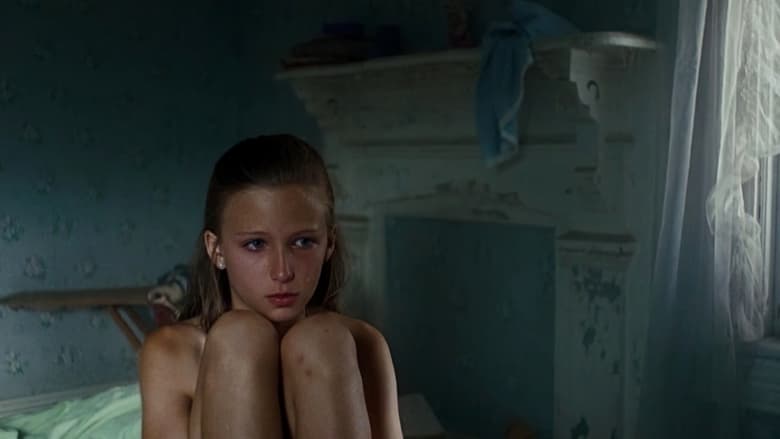
Angela (1996)
A ten year old girl named Angela leads her six year old sister, Ellie, through various regimens of 'purification' in an attempt to rid themselves of their evil, which she believes to be the cause of their mother's mental illness. Precocious, to say the least, Angela has visions of Lucifer coming to take her and her sister away, and one of her remedies for this is for them to remain within a circle of their dolls and toys until they see a vision of the virgin Mary come to them. But such thinking can only lead to an ending befitting of her own mental state.
Watch Trailer
Cast


Similar titles
Reviews
A leisurely and ultimately tragic tale of two girls, ten-year-old Angela and her six-year-old sister Ellie, led astray by a dysfunctional life style and fantasies of religious salvation.Travail seems heaped upon travail. Father is distant and brusque. Mother is a bipolar who is hospitalized. The family is recently moved into a small town in upstate New York, and a pretty bleak one at that. Angela and Ellie are baptized in the local stream and run away from home. There is a weird, oneiristic episode in a carnival. A young man seems to befriend them but it's unclear whether his interest is paternal or more raw than that. (Angela is young and scrawny but rather appealing, with her long blond mane and sad face.) By this time Angela has begun to acquire religious delusions and believes the young man to be an friend from heaven -- or maybe a fiend from hell, I couldn't quite figure it out, since my own delusions don't run on a parallel track.The man gently kisses Angela's cheek. In the grip of her conviction, she tells him emphatically, "I know you. I know who you are." The man backs off, nonplussed, agitated, asks, "Who told you?", then runs to his car and drives quickly away. I don't know who he was, what his intentions were, or what he was afraid of, and you won't either.The whole movie is rather like that scene. The two girls wander through it and things happen to them. The significance of the events is only what we attribute to them. A placid white stallion wanders into the picture and Angela indicates the horse's member and explains to Ellie that that's what men have. Girls have to be married before they're twenty-one and do it with men, otherwise the girls begin to shrink. That's why you see so many little old ladies. (I'm not making this up.) Three features of the movie are memorable. One is the acting of the two kids. It's perfectly okay (except for an arguable second or two, here and there). How do they find children so young who can handle parts this well? Second is the location shooting and the everyone-else-is-dead atmosphere. The little town and the surrounding woods and fields aren't themselves ugly, but they're not pretty either. They're more indifferent than anything else. There's no enchantment in them, though there is the hint of a haunt. (A young boy runs into them in a grassy field, punches Angela in the eye, and scoots away.) In no scene is there ever more people than is absolutely necessary to establish even a minimal sense of verisimilitude. The streets of the town are dismal and empty of life. The carnival is practically deserted. The location LOOKS a bit like upstate New York but the atmosphere is misty and ridden with fundamentalist religion, suggesting Appalachia, a little farther South.Third -- look out, spoiler! -- third is Angela's death scene. It's flamboyantly understated. Angela believes that if one baptism is good for you, then an infinite number of them is infinitely better. So she dunks herself and dunks herself and gradually drifts downstream until the shallow creek turns into a wide rippling swiftly moving river and disappears without a sound.The budget is low. The story is despairing. I'm not sure what the point of the film is, outside of its capturing a number of strikingly composed shots. I guess it's tough to come from a broken family and it's tough to face adolescence. And, as the Buddha suggested, let's not take our actions to extremes, not even our attempts at salvation. Maybe, as Angela says, heaven is right here when you're alive, and hell is after you're dead.
"Angela", I should begin, was not your average film. It was a strong opening from Rebecca Miller, the spawn of playwright Arthur Miller and film vixen Marilyn Monroe, but where it suffered was that it felt too amateurish. Without biting my tongue "Angela" began impressively, strong opening with a family's move to a new home. The defined mother/father characters (albeit eerily similar references to Marilyn Monroe), two strong girl leads that seem to have genuine chemistry together, and an undefined era which allowed my imagination to flourish and ponder ignited "Angela" immediately. It was when the film moved into its second and third act, where it became alarmingly obvious that Miller was loosing her grasp on not just the film crew, but also the convoluted story itself. Visions of Lucifer, the Virgin Mary, a diluted neighbor, and the big elephant in the room religion seem to take priority over such important elements like character development, questionable motive, and family dynamics. Miller places so much focus on these symbolic references that this quality film begins to slip through her fingers. By the second act, where the two daughters embark on their own journey through this unknown town, which again is bombarded with referenced evils and unknown symbolism, that reality gets surpassed by a director who would rather shock than impress. The entire scene with the possible pedophile could have been an intense and memorable scene, but instead it falls short, because Miller is so focused on getting us to Lucifer that we only recognize this scene as a small blip on the radar. Again, I don't want to sound pessimistic about this film, Miller began with such a strong eye that I thought this was going to be an instant classic, but by the dull ending, "Angela" is so muddled that empathy towards the characters becomes greater than excitement for the film.While our characters constantly have to play second fiddle to the symbolic religious references throughout the film, I must admit that they were eerie and interesting throughout bits and segments. Miller had a strong cast, a father who gave up everything for his family, a mother lost in her head (especially well played), and two daughters searching for meaning was an amazing dynamic poorly defined but amazing all the same. What I had hoped Miller would do was make these four characters the central focus of the story, but alas, it doesn't happen. The struggle between father/mother again are second to the religious symbolism, thus we lack the apparent emotion towards them. When all of these characters get to their final moments, we just don't care any further. We have given up. A scene was needed where the family reunites over a crisis that nearly tore them apart cliché? I believe it would have strengthened the characters and transformed this film from a simply symbolic picture into a family drama. While "Angela" was the obvious lead character, all of these in the immediate family were worthy (and powerful) enough to watch equally. They all carried their weight well, one just wishes we could have spent more time with them.Finally, an issue needs to be addressed with this film that was neither mentioned in the audio commentary nor in many posts about this film, but when a director cannot clean up or recognize that a boom mic has made it into at least five scenes (extremely apparent) than something is wrong. One cannot say that this film is superb with technical failures happening all over the place. This is your blood and soul when you create a film; why not present it like it was a wrapped Christmas gift, not like it was just found in the sandbox? That small issue really lowered the standard for this film, making it just another amateurish independent film created by someone who carries a famous last name.Overall, I wanted to like "Angela", I wanted to sit here and say that I was impressed with Miller's first outing, but alas, I wasn't. It was such a powerful opening, but it floundered so quickly. Miller's focus on the religious element, while defining for Angela, deeply ruined the rest of the characters. The family became a shadow, with no real emotion surrounding them, but instead reacting to the beliefs of Angela. I was drawn into Angela's mother's story, but received no gratification or explanation. I loved her father's desire to be a good dad, but again, sitting in a circle or becoming baptized was more important. I was misled by the goals, and consequently missed the "why" and "how" for the final act. Coupled with the laughable errors by the crew (this should have been an introduction to the first day of using a boom mic), "Angela" just fell through the cracks. It perhaps was the obvious borrow from "Gummo" or just the drowning of symbolism, but "Angela" will remain for me another independent film trying to make its mark. I am eager to see "Personal Velocity" if only to observe if Miller successfully saw the errors and made the corrections. "Angela" was a first draft film, with much needed corrections and red markings in the margins.Grade: ** out of *****
Rebecca Miller's haunting tale of a young girl driven by her religious obsessions into a frightening world of hallucinogenic images and superstitious delusion. There are touching performances by the two principal girl actors, Miranda Stuart Rhyne and Charlotte Eve Blythe. Rhyne, in particular, is engaging as the young protagonist caught in a heavenly struggle between good and evil to save her mentally ill mother. She convincingly portrays Angela as a determined and feisty but naive and vulnerable child in equal measure; someone who is headstrong but literally open to abuse.There is a fine director's commentary on the DVD narrated by Miller exploring the themes and motivations that went into the making of the film.
This is an amazing if bizarre film. The acting of the two little girls is superb and far surpasses those of child actors in big budget studio films. I've read some disturbing posts accusing this film of child exploitation, particularly in the use of nudity. The nudity in this film is as innocent as a baby on a bearskin rug, but too many narrow-minded morons with internet access confuse this with pornography.The use of nudity in this film is a bit artsy, but very natural and represents the only beauty in these girls lives. Swimming nude with their mother the only time in their lives they've experienced joy. But the religious views of Angela makes her see herself as sinful, and her sister as unclean. This film could have been improved by more nudity to show how this budding adolescent views her own body. She already has a negative view of sexuality. But it's an issue no American filmmaker would dare explore, and I don't blame them.This is where the film becomes a near-satire of the dangers of blind faith in fear-based religions. This view of sin and uncleanliness leads Angela down a dangerous path but in her innocence, she doesn't view her actions as having negative consequences on her sister. Without giving any spoilers, Ellie experiences true freedom at the end only by experiencing, in the director's words, "an intense emotional experience."The only negative comment I have is I already know ahead of time how society views films of this nature. I'm surprised to see that few religious nuts who have seen this film never recognized it as a criticism of their faith. No one seems to be able to get over the sight of a naked baby to be able to do that.tlyoung88


